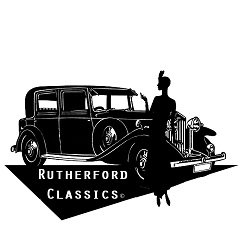All I wanted to do in my retirement years was write. I presumed the easiest way to do that was to find a publisher and let the company go through the mechanics of getting my books into print. So far that decision has proved unsatisfactory. I won’t go into details, but given the ease with which an individual can publish today, I have begun to wonder if a middleman is necessary.
True, for many years self-publishing carried a stigma, and to some extent, it still does. But major writers have decided to represent themselves and self-publishing appears to be the way of the future. Columnist Jennifer Alserver notes that e-book publishing has become a billion-dollar industry that is growing. (“The Kindle Effect,“ by Jennifer Alserver, Fortune, Jan 1, 2017 pgs. 32-33.) Digital publishers come in a variety of flavors. A company like Girl Friday Productions, located in Seattle, will edit, design and publish a book for a cost of between $10,000 to $30,000. Of course, books can be produced for less. Kindle Direct Publishing allows authors to upload and sell their works for no charge.
Amazon, which has an 80% share of the e-book market, though large, has no monopoly. Apple‘s iBook, Google Play and Barnes & Noble have all gotten into the act. Charges can be between 50% to 70% of sales, more than a small publishing house might ask, but the writer has greater artistic control. That freedom, particularly to adjust prices or do promotions, is worth considering. What’s more, says Alserver, self-published authors “are selling better than traditional authors” (Ibid pg. 32.)
A new company, Reesy.com, helps independent authors connect with 500 vetted editors and book cover designers and charges 10% of the contract’s value. For writers who want to see their tomes in paperback as well as e-versions, Ingram’s Spark-self publishing offers access to 39,000 bricks and mortar stores, as well as sales through e-book outlets.
Unbound in the U.K. and Inkshares in California allows readers to decide what should be published. If an author’s proposal gets a sufficient number of pre-orders, Inkshares will not only publish the book but will handle marketing and publicity while paying the author a 35% royalty. Traditional book agents are also getting into the act. For a percentage of sales, Curtis Brown, IPSO Books, and the Nelson Agency will shepherd a work through the self-publishing process, including marketing, if they can’t find a publisher for a writer whose title they admire.
Authors who wish to self-publish have more options today than they did in the past. But beware. Like any business venture, predators swim alongside legitimate operators and are hard to distinguish. Nonetheless, some folks have taken the leap and been rewarded: 50 Shades of Grey; The Martian, Still Alice, Departure and Wayward Pines.
(First published 1/17/17)

